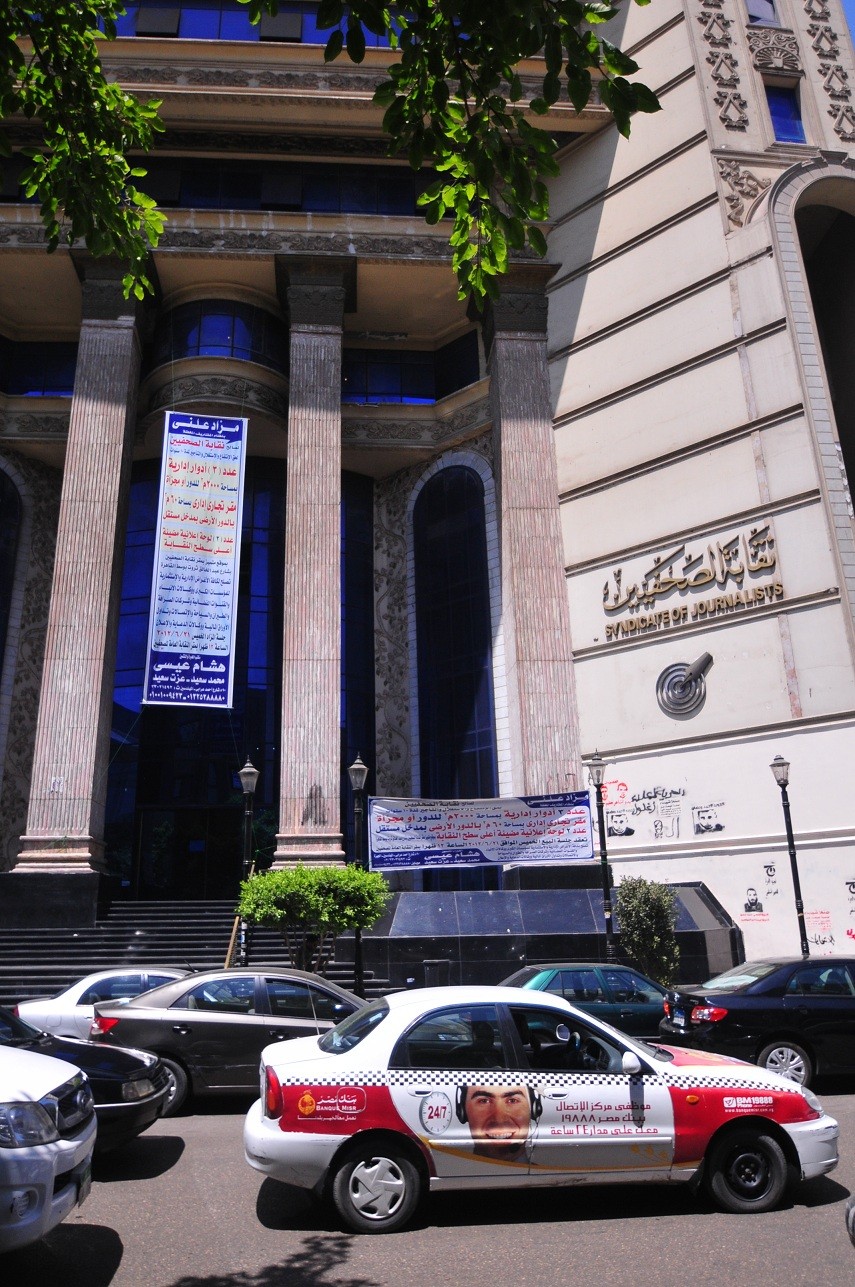Call me a foolish optimist, but I’ve always rejected the saying “the more things change, the more they stay the same. Perhaps on some transcendental, philosophical level that doesn’t concern most people, it’s true that there’s nothing new under the sun, but as far as I’m concerned, old Heraclitus got it right – you can’t step in the same river twice.The question is, which side of the river are you on?Looking back at everything that’s happened in Egypt over the past year, one word comes to mind: polarization. I generally cringe from people who make sweeping over-generalizations, but it seems to me that in 2007 the gap between the haves and the have-nots has widened more than ever. The business community has benefited massively from sweeping economic policies, and is happy with the increased foreign direct investment, the real estate boom, the blazing corporate results, and the IPOs which lifted the bourse to all-time highs. And the government has silenced its critics with the country’s whopping 7 percent GDP growth rate and a World Bank-IFC report which hailed Egypt as the top economic reformer worldwide. Those very same businessmen contend, however, that the government’s biggest challenge is to make sure that the fruits of these reforms trickle down to the average man on the street – which they have not. Higher inflation, soaring food prices, and the specter of privatizing health care and education and removing subsidies on basic needs has not only caused panic and discontent, but has meant that the poor are literally getting poorer in inverse proportion with the booming economy. But if one thing sets 2007 apart, it’s that the illusive mahdoodi el-dakhl (low-income brackets) to which the government has been giving false hope for over three decades, have finally awoken from their slumber. This year witnessed an unprecedented level of labor unrest as workers from textile factories to public transport employees went on strike, mainly over low wages and poor working conditions. According to the Egyptian Workers and Trade Union Watch, there were over 580 industrial actions this year alone. Both the independent local press and the international media was awash with footage and images of angry workers holding sit-in protests, marching through the streets and reading out demands.In early December, Egypt’s civil servants joined the fray when 55,000 Real Estate Tax Authority employees closed shop nationwide and hundreds of them protested outside the Council of Ministers downtown for 10 days, sleeping out in the cold, some with their families, until their demands were met. While these mass displays of discontent bear witness to a burgeoning culture of resistance on the grassroots level and impatience with the government’s failure to meet the needs of an increasingly impoverished citizenry, this does not indicate any empowerment on the legislative level.Indeed one of the most controversial events this year was the approval of 34 constitutional amendments which were rushed through parliament to the chagrin of political pundits and opposition MPs who withdrew from the discussions, claiming that the changes would be a blow to personal freedoms and civil rights.At the core of the debate were changes made to Article 179 regarding anti-terrorism legislation and further changes made to the most controversial Article 76 regulating presidential elections, which were widely seen as paving the way for Gamal Mubarak s succession. And while we’re on the subject of the president, rumors about his health and those who were accused of spreading them had been in the limelight all summer. In a historic setback to press freedom, Al-Dostour’s editor-in-chief Ibrahim Eissa was taken to court for publishing editorials about the taboo subject only weeks before four chief editors of independent newspapers (including Eissa) were handed one-year prison sentences for “insulting the symbols of the National Democratic Party. But it hasn’t all been bad for the media this year, especially new media which has reasserted itself as a force to be reckoned with. Through the concerted efforts of activist bloggers advocating human rights and agitating against police torture, a criminal court sentenced two police officers to three years in prison for sodomizing microbus driver Emad Al-Kabir at a police station in one of the most contentious cases of 2007.It seems that much of this year’s bad news has triggered what promises to be good news, though I’ve learned not to hold my breath. The tragic death of 12-year-old Bodour Shaker in Minya following a circumcision operation in late June put an end to the raging religious debate over FGM when Grand Mufti Ali Gomaa issued a fatwa banning it completely. Health Minister Hatem El Gabali also decreed the practice as illegal in all public hospitals and clinics and the National Council for Motherhood and Childhood, together with Unicef, launched a vigorous awareness campaign to eradicate FGM and prepare for new legislation criminalizing it. It’s been a turbulent year all round with many disappointments, but not without a few flashes of joy. Our editorial team hopes you’ll enjoy looking back on its highlights in this special issue. Closer to home, Daily News Egypt re-launched in July when, apart from continuing to be bundled with the world class International Herald Tribune, also became available on its own on newsstands all over the country. So yes, things have changed in 2007 – for better or for worse.

